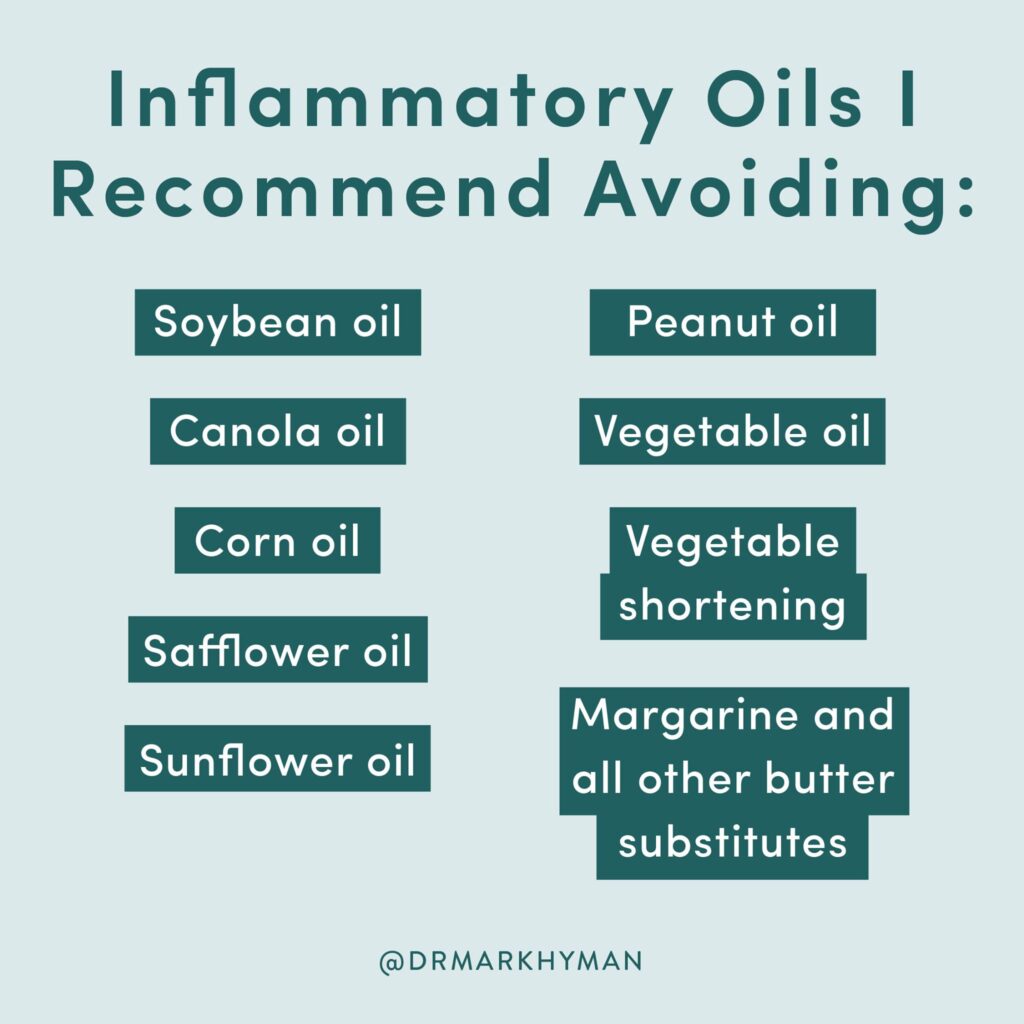
When you consume these subpar fats, your cell walls also become subpar. Instead of being flexible and responsive to intercellular communication, cell walls become stiff and rigid. The more rigid the walls, the slower the cell functions and more vulnerable it becomes to inflammation.
Most people label all fats as bad and lump them all together in a box. The truth is that all fats are not created equal. There are good fats, questionable fats and bad fats. Our government, media, scientists and doctors have advised us to eat the wrong types of fats for too long.
You want to ensure your body has the fats it needs to construct high-quality cell walls. That means eating more omega-3 fats. Cell walls made from omega-3 fats are more flexible, which allows cells to respond more quickly to messages.
These “good” fats also help your body produce prostaglandins otherwise known as the hormones that cool off inflammation.
Optimal sources of omega-3 fats include small cold-water fish like wild-caught salmon, sardines and herring, organic flax and hemp seed oils, walnuts, Brazil nuts and sea vegetables.
Scientists suspect that early humans ate almost equal amounts of omega-6 and omega-3 fats.
Our hunter-gatherer human ancestors got healthy omega-6 fats from seeds and nuts. They got their omega-3s from eating wild game and fish as well as foraging for wild plants.
